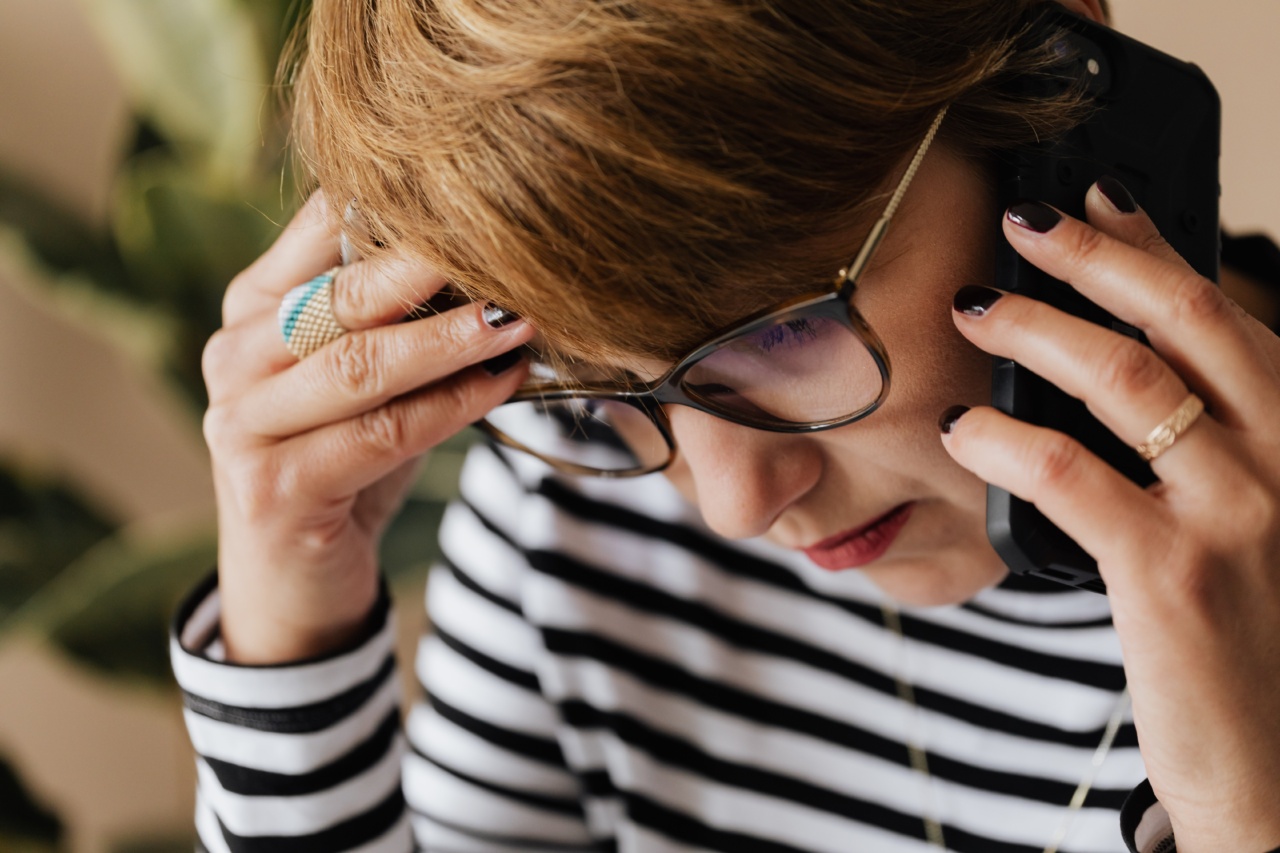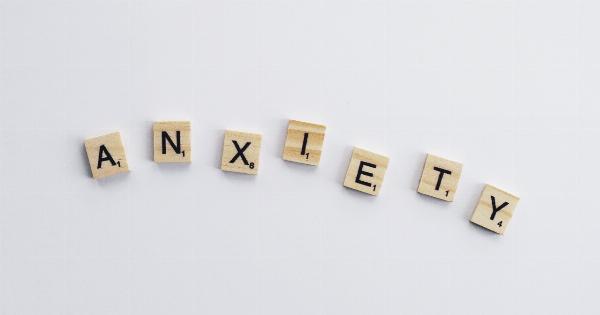According to the World Health Organization (WHO), depression is the leading cause of disability worldwide. Depression and stroke are two distinct health conditions that are often associated with each other.
While stroke is a physical condition that results from a lack of blood flow to the brain, depression is a mental health condition that affects a person’s mood, thoughts, and behavior. In this article, we will be exploring the connection between depression and stroke and how these conditions are related.
What is Depression?
Depression is a common mental health condition characterized by persistent sadness, loss of interest in activities, and feelings of worthlessness or guilt.
Depression can also manifest as physical symptoms such as fatigue, insomnia, and changes in appetite. The condition can affect anyone regardless of age, gender, or social standing. Depression can result from a variety of factors including genetics, life events, chemical imbalances, or a combination of these.
The Relationship Between Depression and Stroke
Depression and stroke have been found to have an intricate relationship. People who have suffered a stroke are at an increased risk of developing depression.
In fact, studies show that up to one-third of stroke survivors experience depression within the first year of recovery. Furthermore, depression has been found to increase the risk of stroke. This bidirectional relationship is complex and multifaceted.
How Does Depression Increase the Risk of Stroke?
Depression has several physiological effects on the body that can increase the risk of stroke.
For instance, depression can lead to the development of harmful health behaviors such as smoking, physical inactivity, and poor diet, all of which are risk factors for stroke. Depression can also trigger inflammation, which can damage blood vessels and increase the risk of developing blood clots that can result in stroke.
How Does Stroke Increase the Risk of Depression?
A stroke can be a traumatic experience that can alter a person’s psychological wellbeing. Stroke survivors often experience a range of emotions such as grief, anger, and anxiety, which can result in depression.
Additionally, a stroke can cause physical changes that can contribute to depression such as weakness, fatigue, and changes in body image. The loss of independence and increased reliance on others can also contribute to depression in stroke survivors.
Common Symptoms: Depression and Stroke
Depression and stroke share some common symptoms. Some of the common symptoms of depression in stroke survivors include feelings of hopelessness, loss of interest in activities, changes in appetite or sleeping patterns, and a general feeling of sadness.
Stroke survivors who have depression may also experience physical symptoms such as chronic pain, headaches, and fatigue. Depression can also manifest as cognitive symptoms such as difficulty concentrating, confusion, and memory loss.
Treatment of Depression in Stroke Survivors
Treating depression in stroke survivors is essential in promoting their overall recovery. Depression can have a significant impact on a stroke survivor’s ability to rehabilitate.
Treatment options for depression in stroke survivors include psychotherapy, medication, and lifestyle changes. Psychotherapy can help stroke survivors to address the emotional and cognitive issues associated with depression. Medication such as antidepressants can be used to manage the symptoms.
Lifestyle changes such as regular exercise, healthy eating, and social support can also help to alleviate symptoms of depression in stroke survivors.
Preventing Depression and Stroke
Preventing depression and stroke requires a proactive approach to health and wellbeing.
Some strategies that can be used to prevent depression and stroke include regular exercise, healthy eating, avoiding smoking, moderation of alcohol intake, and stress management. Regular check-ups and screening for depression and stroke risk factors are also important in the prevention of these conditions.
Additionally, seeking professional help to manage any mental health concerns and seeking medical attention immediately in the event of a stroke or stroke-like symptoms is crucial in the prevention and management of these conditions.
Conclusion
Depression and stroke are two distinct health conditions that are often associated with each other. The bidirectional relationship between depression and stroke is complex and multifaceted.
Stroke survivors are at an increased risk of developing depression, while depression has been found to increase the risk of stroke. Treating depression in stroke survivors is essential in promoting their overall recovery. Preventing depression and stroke requires a proactive approach to health and wellbeing.
Strategies such as regular exercise, healthy eating, and stress management can help in the prevention of depression and stroke.




























